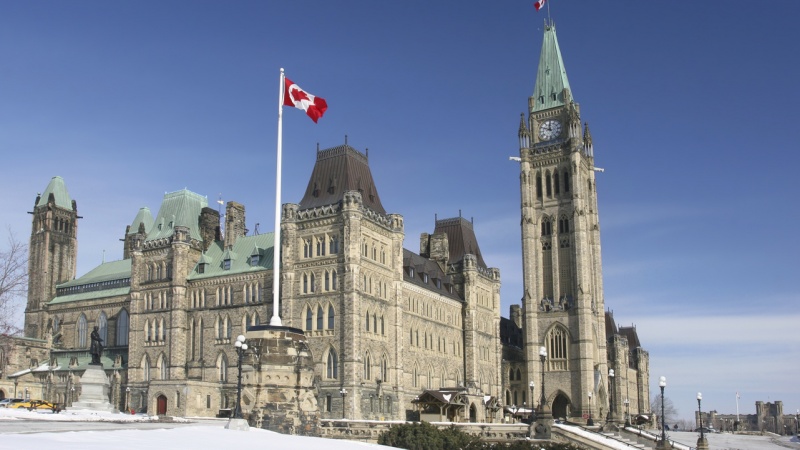One of the big stories of the year locally has been the red-hot real estate market that suddenly recoiled after the provincial government made a simple change in legislation. It worked so well that it will probably boost re-electability of the current Liberal government. It is a perfect example of how a change in tax rules can affect social policy.
Canada Revenue Agency Knew Twenty Years Ago
Back in 1996, CRA ordered a study to be done by the Pacific Region’s underground economy team to investigate the revenue implications that could arise from the switchover in control of Hong Kong from the UK to China 1997. The resulting report predicted the likelihood of a large buy-up of real estate here in Greater Vancouver, driving prices higher. In other words, the report predicted a run on real estate sometime after the change in control occurs.
That was twenty years ago. The underground economy team has been disbanded, and the report was forgotten. At least CRA thought, until it was leaked in 2016 to the South China Morning Post this past summer at the very height of the housing “crisis”.
Had CRA followed the advice from twenty years previous, perhaps they would have tools to detect “flipping”, which is where an original purchaser resells their interest. In a hyper-inflated market, this can happen multiple times on a single property. CRA could have developed tools to detect unreported transactions. As a result, it looks like a lot of people are getting away with not reporting their profits on property flips. If the wheels of government were moving just a bit faster, maybe there would have been rules and procedures in place, so that the real estate industry wouldn’t have to be burdened with “regulating itself”.
The leaks were highly embarrassing for the CRA because they also delved into the workplace “TEBA Culture”, which stands for “Tax Earned by Auditor”. It is a performance measurement expressed in dollars per hour by auditor and by type of audit. While there are no bonuses at the auditor level, there is at the managerial level and up, although CRA will deny these bonuses are based on TEBA.
CRA Responds
CRA has recently responded that in 2015 it doubled its “level of effort” focused on the BC real estate sector, assessing $11.6M in gross negligence penalties. Though they don’t specify the amount of tax assessed, or whether it was GST or income tax, they say they are focussing on the following:
- questionable source of funds
- property flipping
- unreported goods and services tax/harmonized sales tax (GST/HST) on the sale of a new or substantially-renovated property / GST/HST new housing rebate
- unreported capital gains
- unreported worldwide income
In addition to this is a new requirement to report basic information on your income tax return when you sell your principal residence in order to claim the principal residence exemption. The information requested will be the date of acquisition, the proceeds of disposition, and a description of the property. The change is effective January 1, 2016, so this will affect the upcoming tax season.
Audit Risk Remains
Despite CRA failing to develop tools to deal with Vancouver’s real estate explosion, they still have the ability to use information they learn during audits of third parties, with realtors being a prime audit target. No matter what, CRA does not like being embarrassed and it is fair to say that the entire real property sector should be prepared for heightened audit activity.









